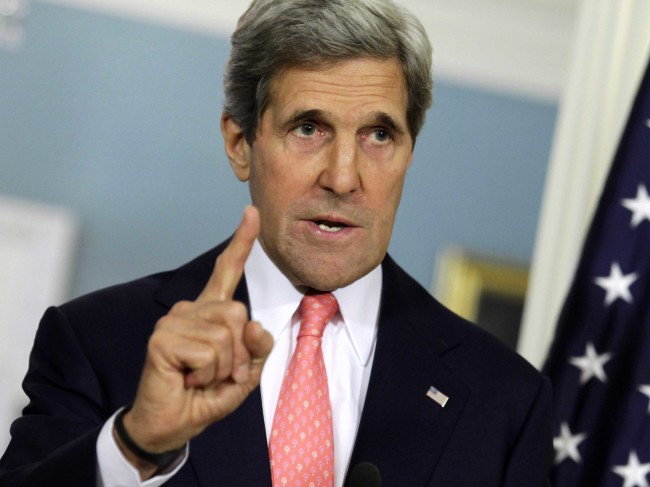US urges against Dadaab camp closure, Kenya says it won’t budge

The US has called on the Kenyan government to halt its plans to close Dadaab camp and instead abide by international obligations on protection of victims of violence and trauma but the East African nation has stood its position.
In a statement Wednesday, State Department said it was concerned by Kenya’s announcement last week it was closing the camps soon after dismantling the Department of Refugee Affairs.
“We strongly urge the Government of Kenya to maintain its long standing leadership role in protecting and sheltering victims of violence consistent with its international obligations,” the US said.
But Kenya’s Interior Minister Joseph Nkaissery said Wednesday his country was still on course to close the camps despite international pressure. He noted Kenya had set aside $10 million to carry out the exercise and had put up a Taskforce on Repatriation of Refugees to oversee the process.
He noted time was up for Kenya’s hospitality on hosting the more than 600,000 refugees in the country.
“There comes a time when we must think primarily about the security of our people. That time is now,” said Nkaissery.
But the US has called on the East African country to honour its responsibilities as set out in the 2013 tripartite agreement between Kenya, Somali and UNHCR which was aimed at overseeing voluntary repatriation of refugees to Somalia.
“We call on Kenya to continue its support for refugees and voluntary return efforts, and to continue to work with UNHCR and partner nations to find durable solutions that respect humanitarian standards and uphold international law,” read the statement.
But Nkaissery insisted yesterday the use of insecurity in Somalia as an excuse against closure of the camp was not genuine noting the African Union had confirmed Somalia was now safe and ready to receive its citizens.
UNHCR said it was targeting to a return of up to 50,000 Somalis from Dadaab camp in 2016 but feared Somalia was still battling the Al-Shabaab insurgency and compounded by lack of public services and schools in the country.